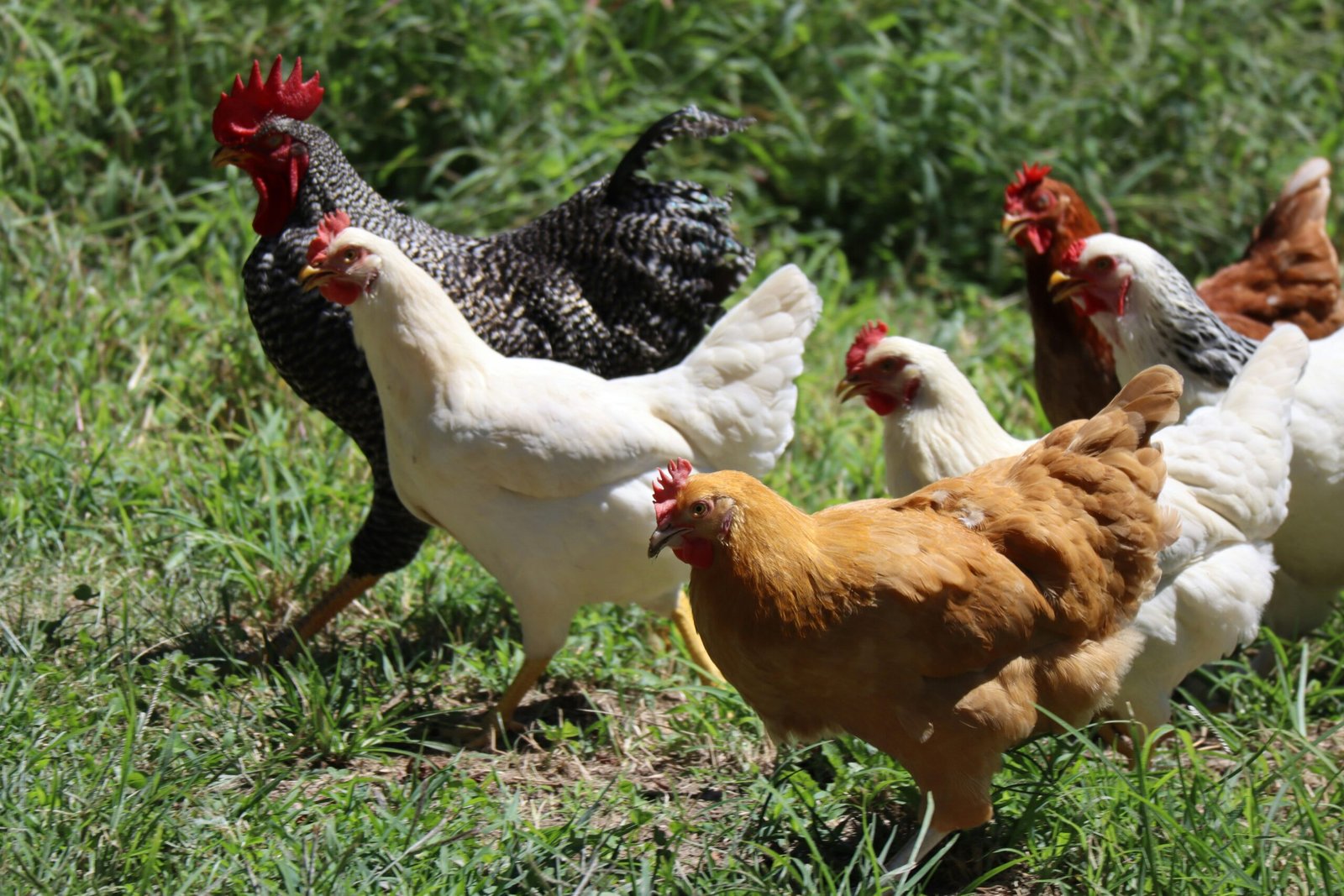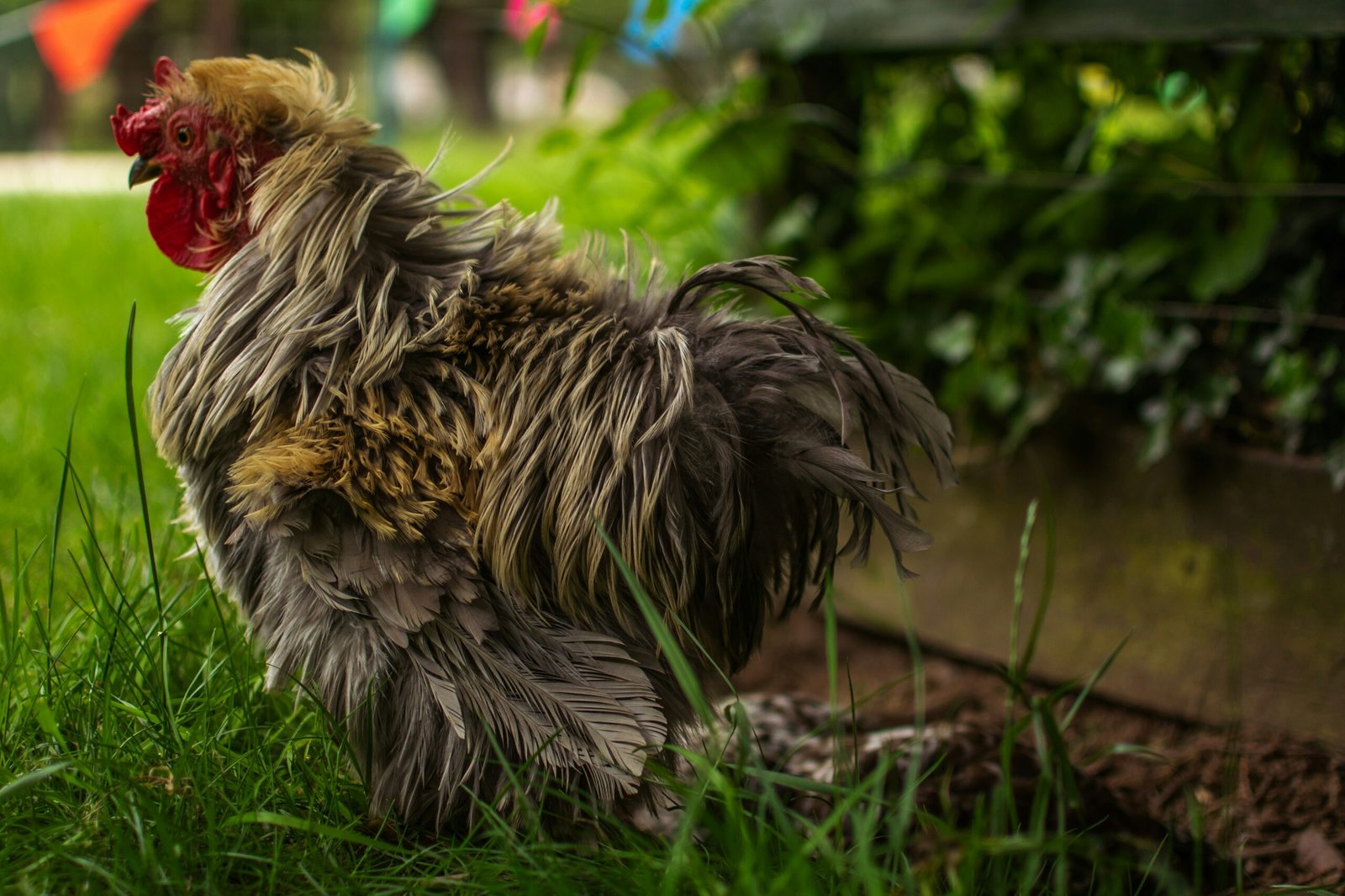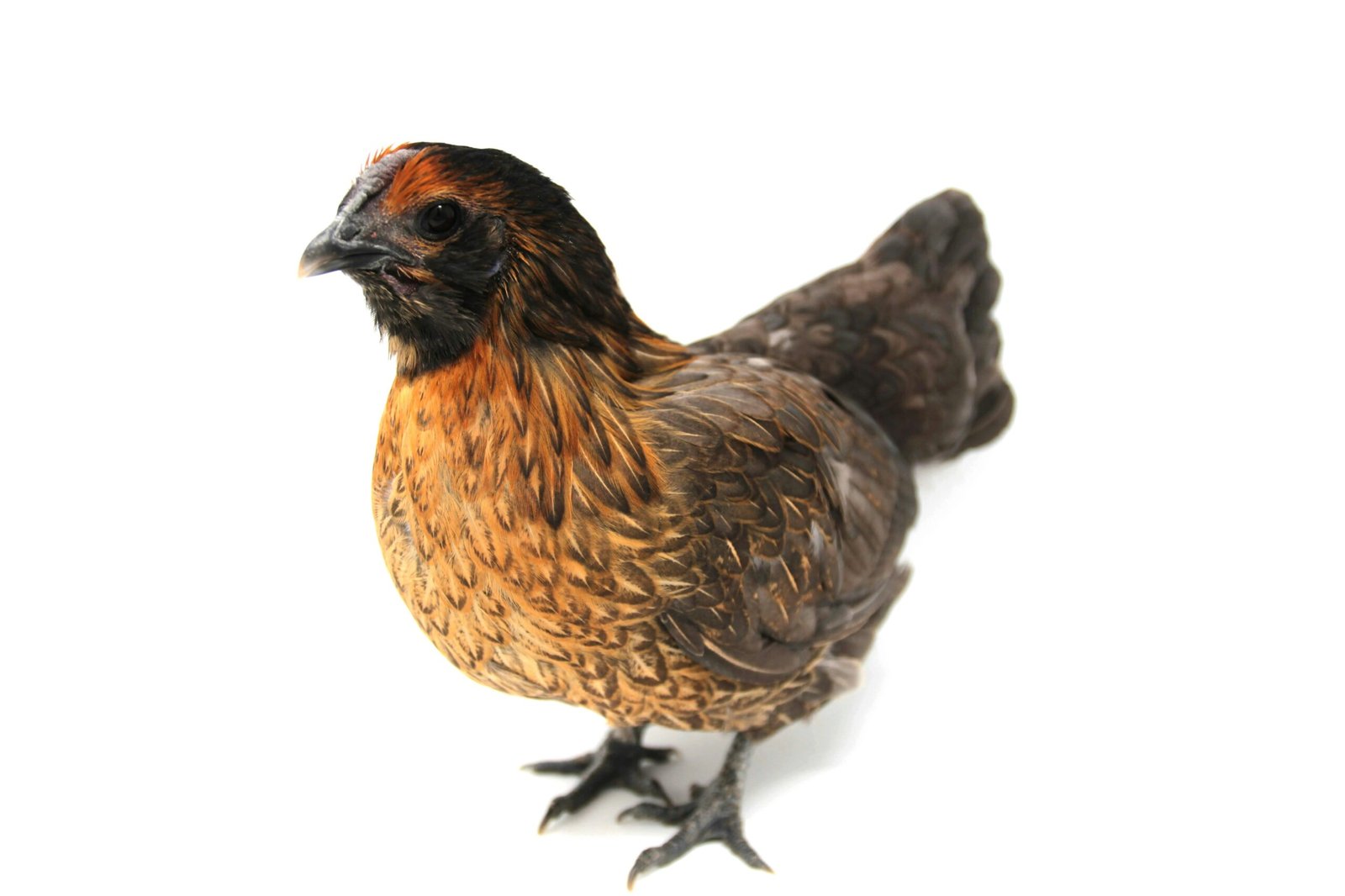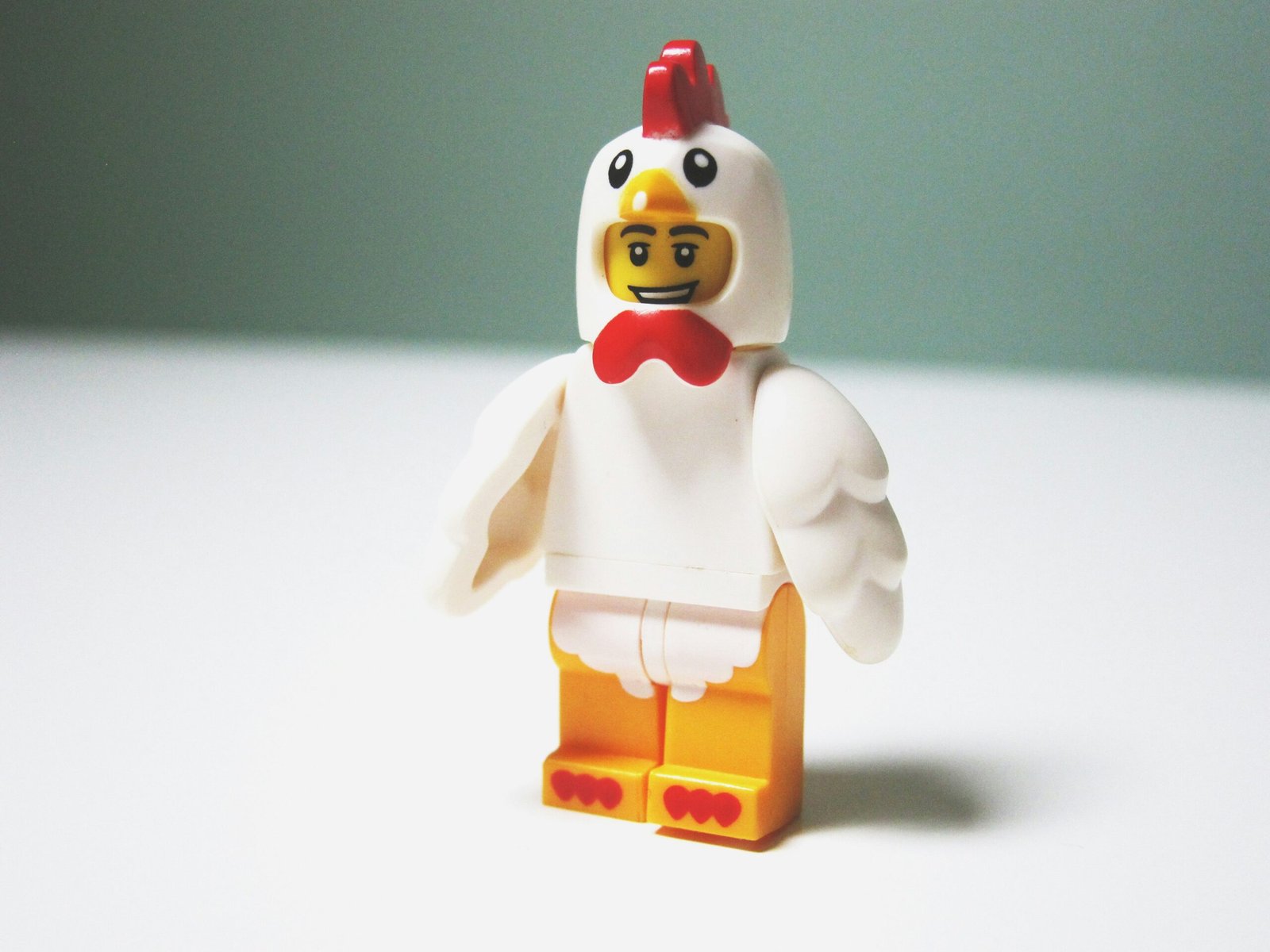Have you ever wondered what your chickens are trying to communicate when they make different sounds? From gentle clucks to enthusiastic crows, chickens have a unique language of their own. By understanding their vocalizations, you can gain valuable insights into their well-being, mood, and social dynamics.
Clucks: The Versatile Vocalization
One of the most common sounds you’ll hear from your chickens is the cluck. Clucking is a versatile vocalization that can have different meanings depending on the context. It can indicate contentment, curiosity, or even a warning signal.
A soft, rhythmic clucking often suggests that your chickens are relaxed and content. It’s the sound they make while foraging for food or enjoying a dust bath. On the other hand, a series of rapid and repetitive clucks can indicate excitement or anticipation. Your chickens might be signaling the discovery of a tasty treat or the approach of a familiar human.
However, clucking can also serve as a warning sign. If you observe a series of loud and rapid clucks, your chickens may be alerting the flock to a potential threat. It’s their way of saying, “Watch out, there’s danger nearby!”
Crows: The Morning Alarm
We’re all familiar with the distinctive crow of a rooster at dawn. But did you know that crowing is not limited to roosters? Hens can also crow, although their crow sounds different from that of a rooster.
Roosters crow to establish their territory and announce their presence to other roosters. It’s a way of saying, “This is my turf, and I’m in charge!” The volume and frequency of crowing can also indicate the rooster’s confidence and social status within the flock.
On the other hand, hens may crow for various reasons. It can be a sign of dominance or an attempt to establish their place in the pecking order. Some hens may crow when they are stressed or feel threatened. While less common than rooster crowing, hen crowing can provide valuable insights into the dynamics of your flock.
Other Noises: Decoding the Clucks, Squawks, and Chirps
Aside from clucks and crows, chickens make a variety of other noises that convey different messages. Squawks, for example, are often associated with distress or fear. If you hear loud and persistent squawking, it’s essential to investigate the cause and ensure the safety of your flock.
Chirping is another common vocalization, especially among chicks. It’s their way of communicating with their mother and siblings. Chirping can indicate hunger, discomfort, or a desire for warmth and security.
Growling or hissing sounds are usually a sign of aggression or territorial behavior. Chickens may make these noises when they feel threatened or when establishing dominance within the flock. It’s important to monitor such behaviors closely to prevent any potential harm to the flock members.
Understanding Your Flock’s Vocalizations
Each chicken has a unique voice, and it’s essential to pay attention to the individual vocalizations within your flock. By observing their sounds and behaviors, you can develop a deeper understanding of their well-being, mood, and social dynamics.
Keep in mind that the meaning behind chicken vocalizations can vary slightly between different breeds and individuals. It’s crucial to familiarize yourself with the vocal patterns of your specific flock to interpret their sounds accurately.
Spending time observing your chickens and listening to their vocalizations can be a rewarding and educational experience. It allows you to forge a stronger bond with your feathered friends and ensures their overall welfare.
So, the next time you hear your chickens clucking, crowing, or making any other sounds, take a moment to listen and observe. You might just uncover a whole new world of communication happening right in your backyard.





